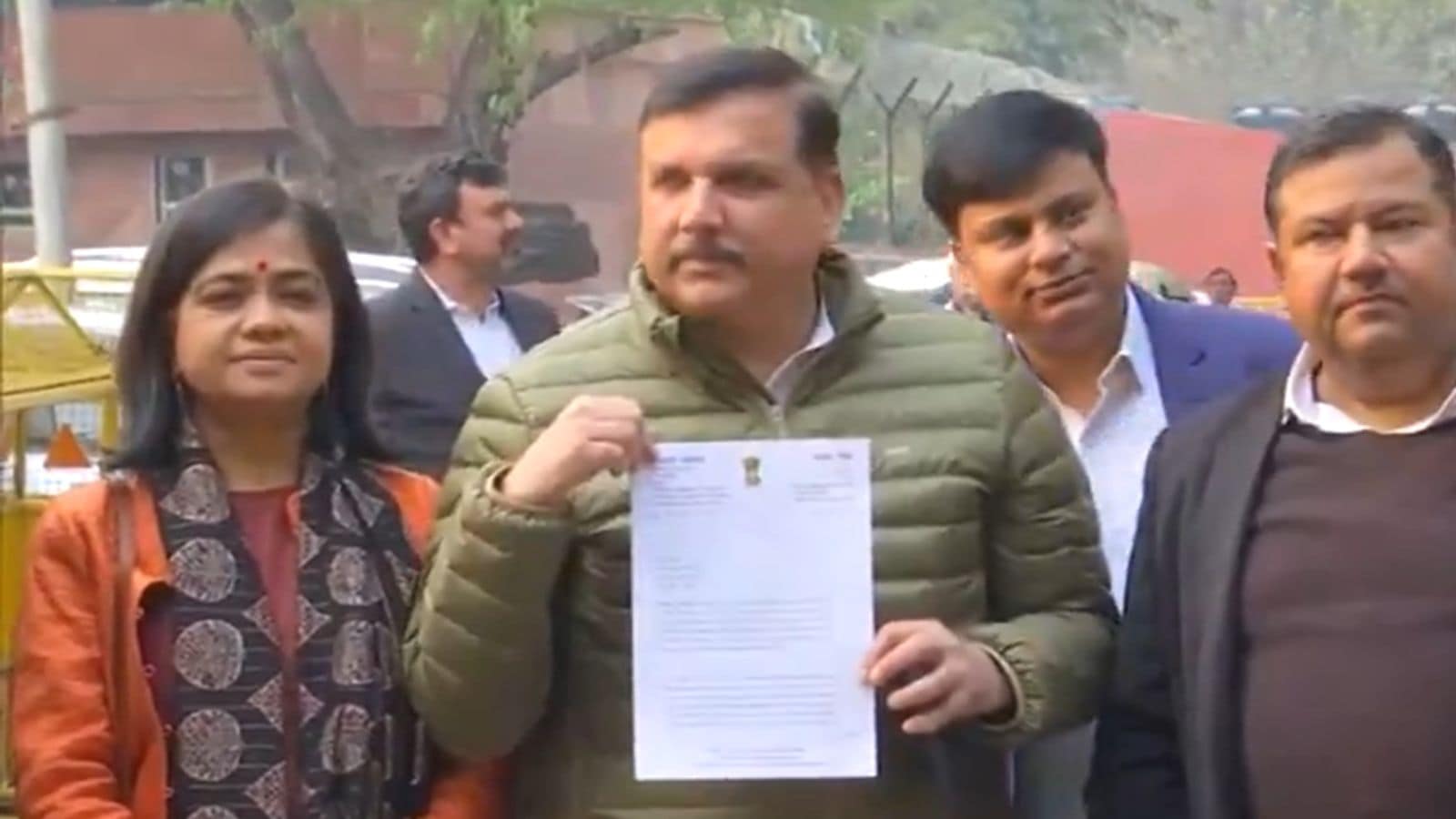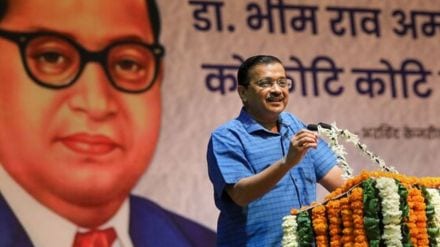Delhi’s Scheduled Caste (SC)-reserved Assembly seats have seen a significant shift in political dynamics over the years, with the Bharatiya Janata Party (BJP) struggling to make inroads despite the changing political landscape. Historically, these seats were dominated by the Congress, which managed to secure a stronghold in areas with a significant SC population. However, in recent years, the Aam Aadmi Party (AAP) has emerged as the dominant force, particularly after its landslide victories in the 2013 and 2020 Delhi Assembly elections.

Source:- bbc news
One of the key reasons behind BJP’s lack of success in these seats is the growing support for AAP, which has focused heavily on local governance issues such as education, healthcare, and water supply, appealing to the SC community. AAP’s emphasis on social welfare and its initiatives for the marginalized sections have resonated with the electorate, leading to their victories in several SC-reserved constituencies.
Source:- news 18
Meanwhile, the BJP, despite its national presence, has found it challenging to match AAP’s ground-level outreach and targeted welfare schemes. The party has struggled to connect with voters in Delhi’s SC areas, where issues of caste-based discrimination and local development take precedence. The BJP’s reliance on national issues like nationalism and religious sentiments has not been as effective in these constituencies, where voters prioritize immediate socio-economic concerns.
In contrast, the Congress, which once had a strong base in these constituencies, has seen its influence wane, as AAP has attracted many of its traditional voters. The result has been that BJP has failed to secure these SC-reserved seats in recent Delhi elections, with AAP taking the lead in representing the concerns of the community.
Share your views in the comments

